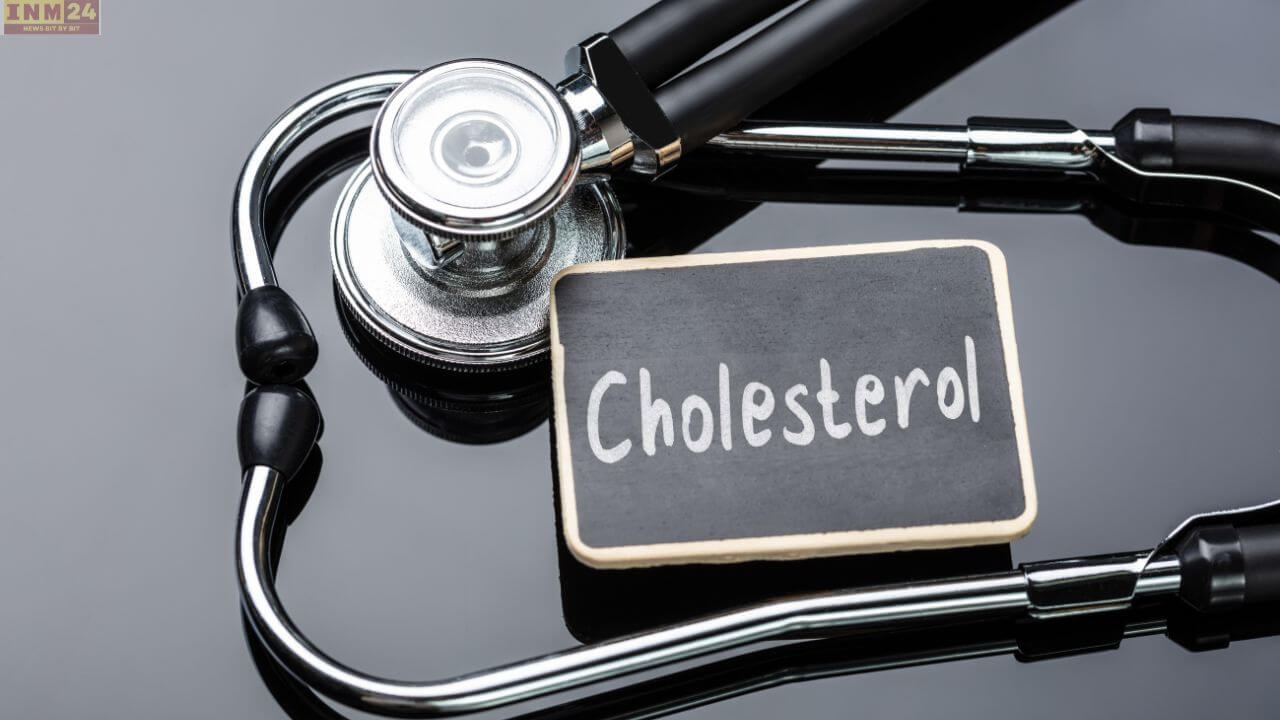High Cholesterol: A Growing ConcernHigh cholesterol is rapidly becoming a common health concern, with its prevalence rising day by day. This issue is now a cause for concern as it poses a risk to heart health. According to the World Health Organization (WHO), elevated cholesterol levels can increase the risk of heart disease. Recognizing some early signs of high cholesterol can help you control it in time.
Impact of Changing Lifestyles
The rapidly changing lifestyle has led to the emergence of various health problems affecting people today. Conditions like diabetes, high blood pressure, and high cholesterol have become increasingly common, putting individuals at risk of serious health issues. High cholesterol, in particular, can lead to several severe health problems if left unchecked. According to the WHO, increased cholesterol levels can elevate the risk of heart disease.
Identifying Early Symptoms of High Cholesterol
Recognizing certain symptoms of high cholesterol can help prevent serious health conditions from developing. Let’s take a look at some early signs of high cholesterol that you should not ignore:
High Blood Pressure
According to the Cleveland Clinic, cholesterol plaques and calcium can harden and narrow your arteries, increasing pressure on your heart to pump blood, which can lead to high blood pressure.
Obesity
Excessive cholesterol in the body can also contribute to obesity. Elevated levels of LDL cholesterol, often referred to as “bad” cholesterol, can lead to increased fat production in the bloodstream, resulting in obesity.
Stress
High cholesterol levels are among the factors contributing to stress. Increased cholesterol levels can boost the production of cortisol, a stress hormone, leading to heightened stress levels.
Fatigue
Elevated cholesterol levels can cause physical fatigue, burnout, and a lack of energy, resulting in fatigue.
Chest Pain
An early sign of high LDL cholesterol levels is angina or chest pain. This can occur when plaque buildup narrows or blocks arteries supplying blood to the heart muscles, resulting in chest pain.
Recognizing the early signs of high cholesterol is crucial for maintaining heart health and preventing serious complications. By adopting a healthy lifestyle, including a balanced diet, regular exercise, and stress management techniques, you can effectively manage your cholesterol levels and reduce the risk of heart disease. Regular health check-ups and consultation with healthcare professionals are also essential for early detection and management of high cholesterol. Taking proactive measures to control cholesterol levels can lead to better heart health and overall well-being.
